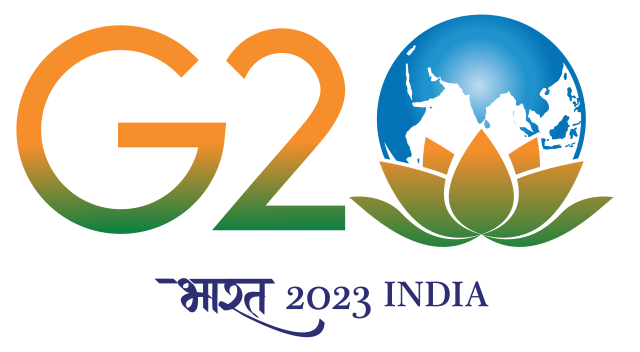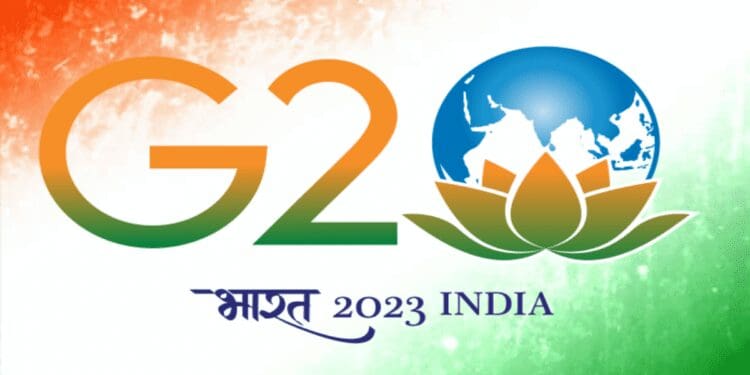India has long supported a global crypto framework despite the nation’s crypto ecosystem’s lack of regulation and taxation.
At the G20 summit, Indian Prime Minister Narendra Modi proposed for global crypto regulatory collaboration. India, as the G20 president, is pressing for a global cryptocurrency regulation framework.
The G20, which includes 19 countries plus the EU, represents the world’s key developed and rising economies and leads international economic cooperation that strengthens global architecture and governance on all major economic issues.

In a conversation with a local daily, Modi addressed the significance of cutting-edge technology like blockchain and cryptocurrencies. Modi said such developing technology will affect the world. Rules, regulations, and frameworks should not belong to one country or set of countries.
Modi compared cryptocurrencies to air traffic control and air security, saying that emergent technology like cryptocurrency should be governed globally. He stated that India has taken part in crypto regulation:
“India’s G20 presidency expanded the crypto conversation beyond financial stability to consider its broader macroeconomic implications, especially for emerging markets and developing economies. Our presidency also hosted enriching seminars and discussions, deepening insights into crypto assets.”
India provided comments on the global crypto framework in a presidency note on Aug. 1. The crypto framework recommendations matched the Financial Stability Board, Financial Action Task Force, and International Monetary Fund principles. The note included more developing economy proposals.
India has long advocated for a global crypto framework despite its own complicated, unclear, and high-taxed crypto regulatory environment. The country put a 30% tax on crypto earnings in 2022, driving away startup crypto enterprises and reducing crypto trading activity.













Discussion about this post